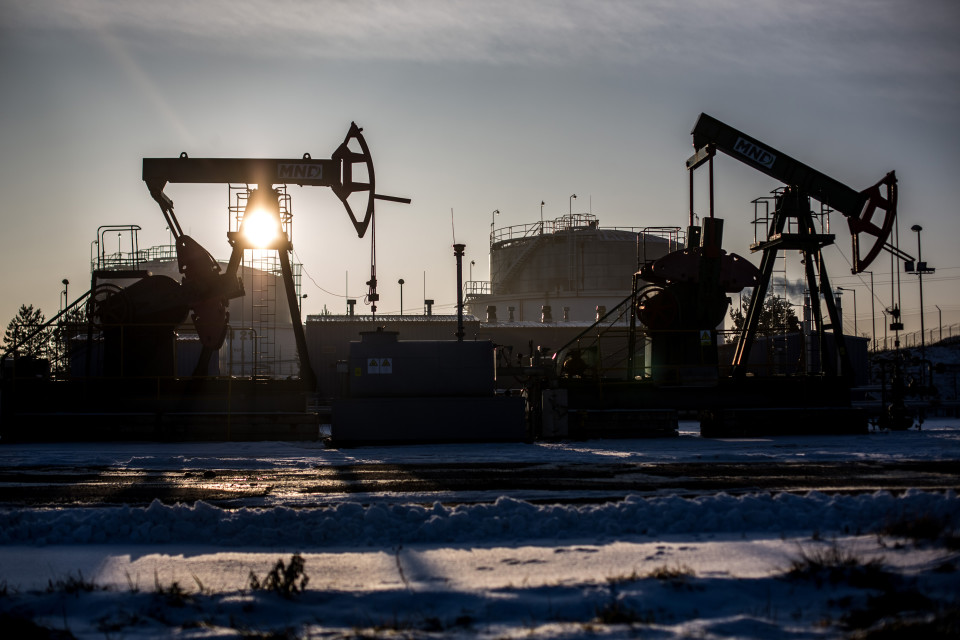- Mark Nigerian Crude to End Theft, NOSDRA Tells FG
The National Oil Spill Detection and Response Agency on Tuesday declared that crude oil theft in Nigeria could only be stopped through the application of stringent measures such as the marking of crude oil produced in Nigeria.
NOSDRA charged the Federal Government to consider the option of marking Nigerian oil using the molecular fuel marker technology, stressing that it would be virtually impossible for oil thieves to detect.
It further stated that the technology would enable regulators to track petroleum products that were derived from stolen crude.
The agency’s Director-General, Idris Musa, who disclosed this at a stakeholders’ seminar in Abuja organised by New Nigeria Foundation on advocacy against crude oil theft, told participants that Ghana had applied the crude oil marking technique and had been tracking its petroleum products successfully.
Musa said, “Marking Nigerian oil with covert molecular fuel markers will further help in the fight against crude oil theft. With this technology, it will be virtually impossible for thieves to detect and that’s what we are also proposing as an agency.
“This measure will allow regulators to know if the fuel sold at dispensing stations are from illegal sources or not. It might interest you to know that Ghana has successfully applied this approach.”
The Managing Director, New Nigeria Foundation, Prof. Obafemi Ajibola, stated that findings from NNF researches conducted by reputable institutions had shown that the amount of crude stolen from the Niger Delta region was humongous.
He said, “Going by findings and discussions with operators in the oil sector, you will realise that we don’t have the exact figures in terms of what we are losing as a result of crude oil theft, but it is clear that the amount is humongous.
“One of the speakers said that what we lost in one year is more than 10 times what we spend on health as a country. So, you can imagine what that means. Therefore, if we can just reduce what we are losing by 10 per cent, we can increase our health budget to two times what we are spending today. The same goes for education and other sectors of the Nigerian economy.”
Ajibola added, “What we are saying is that oil theft is not a Niger Delta issue alone, it is a Nigerian issue. It is not just an economic issue but an environmental issue. It deals with issues of security and things that affect our lives naturally in Nigeria. So, if we can reduce oil theft, it can change things for the better in Nigeria.”
He noted that his organisation decided to educate Nigerians on the need to demand good governance from the Federal Government around the issue of oil theft, adding that every Nigerian should be involved in this fight.

 Forex3 weeks ago
Forex3 weeks ago


 Naira2 weeks ago
Naira2 weeks ago
 Billionaire Watch2 weeks ago
Billionaire Watch2 weeks ago




 Naira2 weeks ago
Naira2 weeks ago




 Naira2 weeks ago
Naira2 weeks ago




 Naira1 week ago
Naira1 week ago




 Naira4 weeks ago
Naira4 weeks ago




 Naira3 weeks ago
Naira3 weeks ago




















